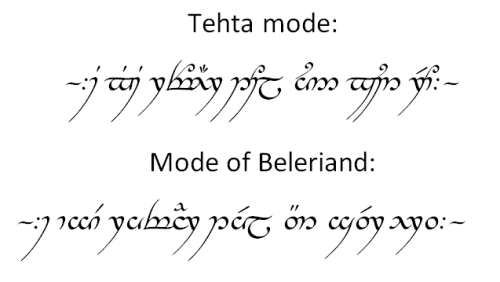Forum
Welcome Guest |
|
|---|---|
 Author Author |
Topic: |
|---|
| Cillendor |
|
||||||||
| Cillendor |
|
||||||||
| Galadivren |
|
||||||||
| Cillendor |
|
||||||||
| Galadivren |
|
||||||||
| Cillendor |
|
||||||||
| Galadivren |
|
||||||||
| Cillendor |
|
||||||||
| Galadivren |
|
||||||||
| Cillendor |
|
||||||||
| Galadivren |
|
||||||||
| Cillendor |
|
||||||||
| Galadivren |
|
||||||||
| Cillendor |
|
||||||||
| Galadivren |
|
||||||||
| Cillendor |
|
||||||||
| Galadivren |
|
||||||||
| Cillendor |
|
||||||||
| Cillendor |
|
||||||||
| Galadivren |
|
||||||||
| Cillendor |
|
||||||||
| Galadivren |
|
||||||||
| Cillendor |
|
||||||||
| Galadivren |
|
||||||||
| Cillendor |
|
||||||||
| Galadivren |
|
||||||||
| Cillendor |
|
||||||||
| Galadivren |
|
||||||||
| Cillendor |
|
||||||||
| Galadivren |
|
||||||||
| Cillendor | |||||||||
| Cillendor |
|
||||||||
| Galadivren |
|
||||||||
| Cillendor |
|
||||||||
| Cillendor |
|
||||||||
| Members Online |









 Re: Translations Thread
Re: Translations Thread



